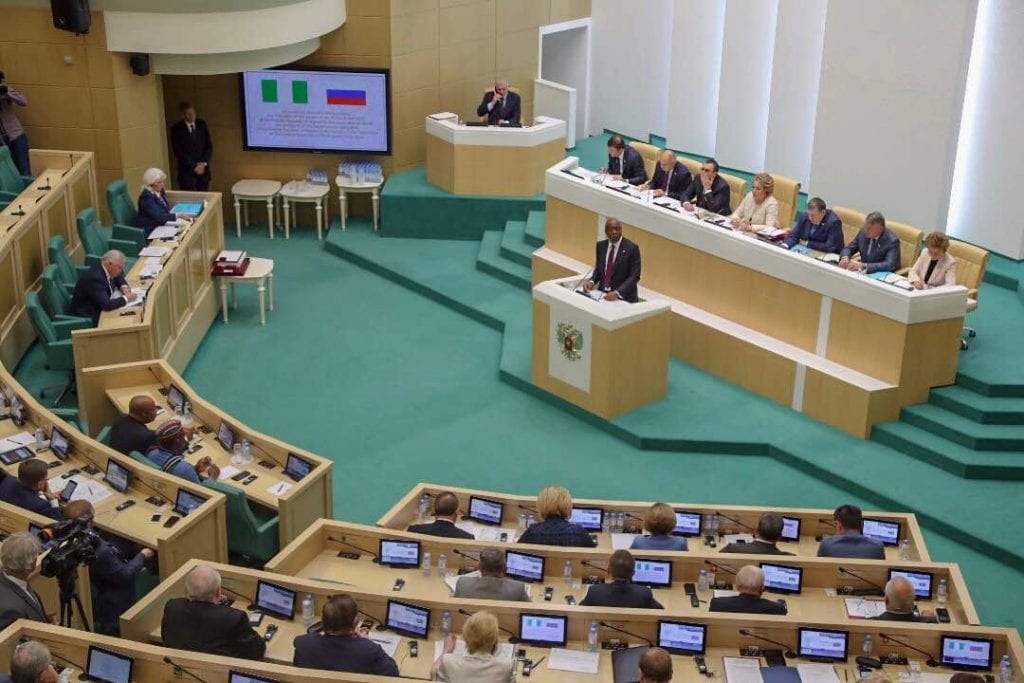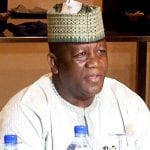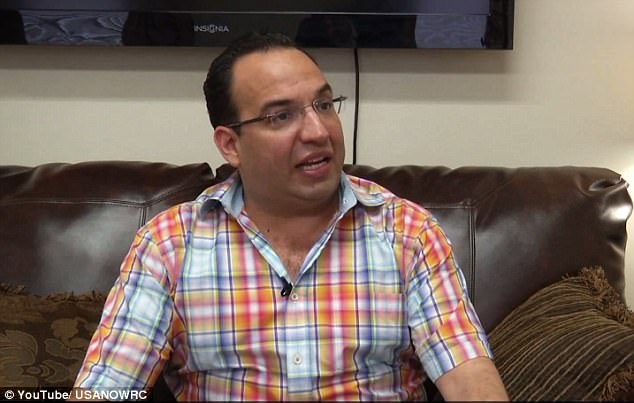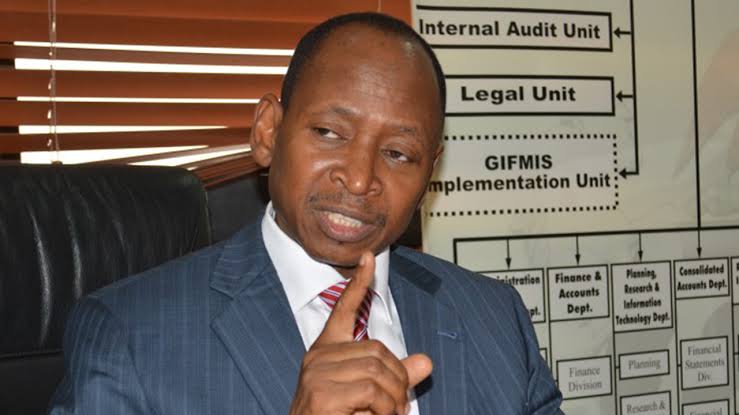The Soviet Union and now Russia under Vladimir Putin have waged a political power struggle against the West for nearly a century. Spreading false and distorted information – called “dezinformatsiya” after the Russian word for “disinformation”.
It is an age-old strategy for coordinated and sustained influence campaigns that have interrupted the possibility of level-headed political discourse.
Even as the United States and other Western countries wrestle with the question of how involved Russian operatives were in recent elections and referendums in their countries, Russian firms appears to be upping the ante by sending more such operatives to key African countries for the same purpose.
In June Senate President Bukola Saraki addressed the Federal Assembly of the Russian Federation seeking stronger bond between Nigeria and Russia.
Saraki is the director-general of campaign of the Peoples Democratic Party (PDP) presidential candidate, Alhaji Atiku Abubakar.

Per Second News gathered in Washington that in 2018 the Russian government sent operatives to monitor and get involved with elections in Madagascar, the Republic of South Africa, Kenya and several other African countries where elections are to occur in the next year or two, said a senior official at Capitol Hill.
The operation is being organized by Yevgeny Prigozhin, Putin’s former “chef” and the oligarch who was behind both portions of Russia’s trolling operations against the United States and the United Kingdom as well as the Wagner private Military company of mercenaries Russia has been using in Syria.
Prigozhin, his band of political technologists and political operatives are offering security, arms training and electioneering services in exchange for mining rights and other opportunities, people familiar with the matter said.
He’s already active in or moving into 10 countries that Russia’s military already has relationships with: the Democratic Republic of Congo, Sudan, Libya, Madagascar, Angola, Guinea, Guinea-Bissau, Mozambique, Zimbabwe and the Central African Republic. Some private Russian firms linked to Prigozhin also has presence in Nigeria, Ghana, Ivory Coast and Mali.
Prigozhin a Putin ally was given an award for his service to the Russian state in 2014.
The firms take advantage of deepening political polarization in Nigeria and those countries, using the opportunity to stir up conflict – like poking a stick into a beehive. These trolls were instructed to stir up religious, political and ethnic tensions.
Focusing on social media
The Russian operatives use fake social media accounts spread out across various platforms, seeking to encourage conflict on any topic that was getting a lot of attention: like Boko Haram attack, Herdsmen attack and many more.
The operatives allegedly assembled a network of troll factories: private Russian companies engaging in massive disinformation campaign. Their employees posed as citizens of Nigeria, creating ethnic, religious and politically divisive social media groups and pages.
This newspaper also learnt that part of their trick is to develop fake news articles and commentary to build political animosity within the Nigerian Public.
The official speaking to Per Second News under the condition of anonymity disclosed that the Russian project is focusing on monitoring the social-political situation in these African countries by means of sociological research, but “experts suggest, “that political technologists work to export Russian political technology, that has the capability of influencing the outcome of votes.
Africa has been largely an afterthought for Putin, who came to power almost two decades ago focused on regaining Russia’s lost superpower status. After the Soviet Union’s 1991 collapse, Russia’s presence in Africa dwindled dramatically; now the region is a focus for Kremlin efforts to reassert its geopolitical prowess and open new markets for domestic companies hamstrung by Western sanctions.
Per Second News also gathered that President Putin will host more than 50 African leaders for the first Russia-Africa summit in 2019. It’s an event that will cement “Russia’s active presence in the region,” Foreign Minister Sergei Lavrov said recently.
“The Russians want influence with governments, they want economic access and they’re much more flexible—that’s their advantage,” said Peter Pham, head of the Washington-based Atlantic Council’s Africa Center.
“They planned to bring some Russians to help them hack the system. That is their joker, Yekini Nabena, deputy national publicity secretary of the APC cried out on Friday.
Nabena alleged that there is a plot by the Peoples Democratic Party (PDP) to use some Russians to hack the database of the Independent National Electoral Commission (INEC) ahead of the 2019 general election.
.
























Leave a comment